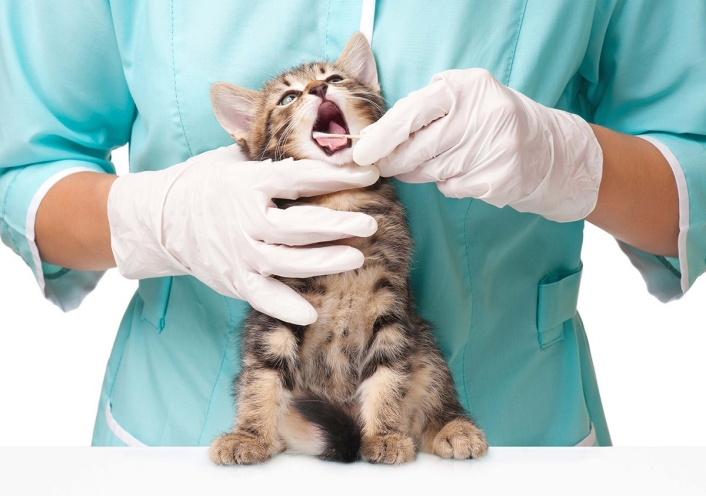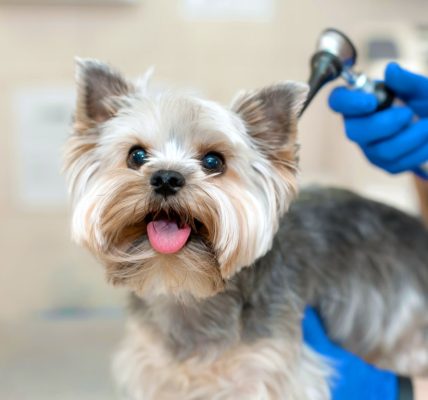Veterinarians provide care for sick and injured animals. They prescribe medication for animal diseases, administer vaccinations and perform surgery. They also give owners advice.
Describe how your background, interests and career experience make you uniquely qualified for a Veterinarian Clinic in New York NY. Be careful not to write about your childhood pets. The admissions committee is looking for more than a nostalgic anecdote!
Specialties
While many people have an idea of what a veterinarian does, the scope of this field is vast. Veterinary medicine encompasses all areas of animal health and treatment, with the following specialties being just a few of the possibilities:
While every veterinarian is trained in performing routine surgeries such as spays and neuters, some are also skilled at more complex procedures. Those who specialize in surgery are highly knowledgeable in anatomy, physiology, and surgical techniques. They can anticipate and address complications, as well as reduce risk with advanced methods of pain relief.
Veterinarians often sample tissue or fluids for analysis, and it is the veterinary pathologists who interpret these results. They can help determine an illness or injury by combining these findings with owner histories, observations, and other diagnostic tests such as X-rays, ultrasound, bloodwork, and urinalysis.
Like humans, animals can suffer from dermatological issues that affect appearance, function, and overall wellbeing. A veterinary dermatologist is trained to identify and treat skin diseases, and they may also assist with immunology and allergy treatment. While all veterinarians are qualified to administer anesthesia, those who are Diplomates of the American College of Veterinary Anesthesia and Analgesia have extensive training in how to minimize risks and provide maximum comfort. They can tailor anesthesia plans for each animal, monitor vital signs during surgery, and even offer sedation and post-op pain management.
Fees
Like all businesses, veterinarians must charge enough to cover costs. They must pay salaries to receptionists, veterinary assistants and veterinarians; they must purchase equipment like x-ray machines, blood analysis tools and anesthetic machines; and they must keep the building running with electricity and cleaning supplies. In addition, they must have money to pay for any unforeseen emergencies that arise.
During a routine visit or “well pet exam,” a vet will check your pet’s weight, heart and lungs; ears, eyes and teeth; skin and coat; and feces. They will also administer a slew of vaccinations, depending on the age and health status of your pet. For example, puppies receive vaccines for distemper and hepatitis, while kittens get their first round of feline leukemia virus (FeLV) and calicivirus vaccines.
Many people experience shock when they see a vet bill because they do not understand the charges or because they are unprepared for them. It is important that veterinary clinics clearly itemize estimates before providing services, so that clients can be aware of the full cost and avoid “sticker shock.” This will also help vets keep their fees reasonable in a marketplace where more people are choosing to go without healthcare insurance to save money. As a result, many people believe that the veterinary industry is overcharging. But this is a flawed perception.
Hospitals
Veterinary hospitals are typically much larger than clinics, as they have more room to house sick pets that need longer-term care or that require overnight stays. They also have more equipment to perform more complicated surgeries and diagnostic tests. Because they often have more staff, animal hospitals can be open for a wider range of hours – even at night or over the weekend if necessary.
Hospitals often have a hospital manager on staff. This person is responsible for the business aspects of the veterinary practice, including personnel management, recordkeeping, budgeting, accounting and marketing. A strong business background and the ability to work well with people are important qualifications for this position.
While the term “veterinary” is commonly used to refer to doctors who specialize in animals, veterinarians are trained to offer a wide range of medical services for all types of creatures. Whether you have a cat, dog, reptile or pot-bellied pig, these professionals take the health and well-being of your furry family members very seriously and are dedicated to the best possible care. They may also be able to provide counseling for pet owners in times of need or grief. They can prescribe medication, recommend treatment and perform surgery.



